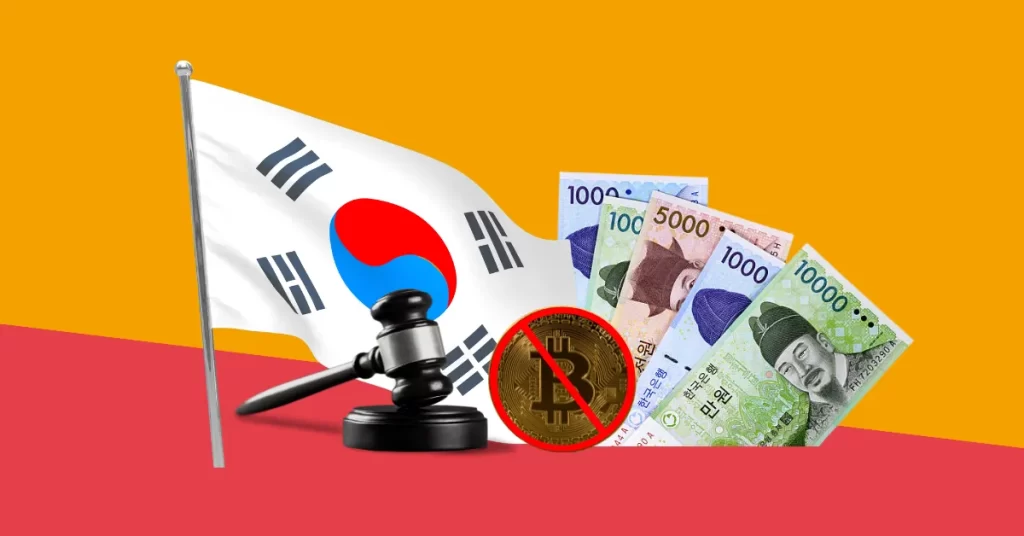
The post South Korea Prioritizes Crypto Users: New Bill Ensures Enhanced Protection appeared first on Coinpedia Fintech News
South Korea’s National Assembly has approved the Virtual Asset User Protection Act, representing a significant step in establishing a legal framework for virtual assets within the country. The legislation, composed of 19 proposals from lawmakers, aims to define digital assets and address unfair transactions by implementing penalties. The act also requires service providers to segregate user assets, maintain insurance, hold reserves in cold wallets, and maintain transaction records.
With the passage of this bill, the Financial Services Commission will be granted the authority to oversee and inspect service providers, while the Bank of Korea will have the right to request data from these entities. The move comes amid increased scrutiny of virtual assets in South Korea, spurred by investigations into a domestic lawmaker’s crypto holdings and the previous year’s collapse of Terraform Labs. The new law is set to take effect in the coming year.
South Korea to focus on customer protection
According to reports from local media, the Virtual Asset User Protection Act in South Korea primarily focuses on the application of the Capital Market Act to virtual assets with securities-like characteristics. The Virtual Asset User Protection Act, recently passed in South Korea, seeks to establish a framework that enables the imposition of penalties and liability for damages arising from unfair cryptocurrency trading practices.
As part of efforts to protect investors, virtual asset service providers (VASPs) are now mandated to take responsibility for safeguarding users’ deposits and providing insurance coverage. These measures are aimed at enhancing investor protection and mitigating risks associated with the use of virtual assets. These measures are designed to protect users against risks such as hacks and computer failures.
According to SBS Biz, violations of the new regulations may result in fixed-term imprisonment for at least one year or substantial fines. For instance, the Financial Services Commission has the authority to impose penalties equivalent to double the profits obtained from unfair trading.
This news follows the recent sentencing of Do Kwon, the founder of Terraform Labs, to four months in prison by a Montenegrin court for using a false passport. Additionally, there is an outstanding arrest warrant for Kwon in South Korea, where he is accused of violating the country’s capital markets law.

 1 year ago
109
1 year ago
109














 English (US) ·
English (US) ·